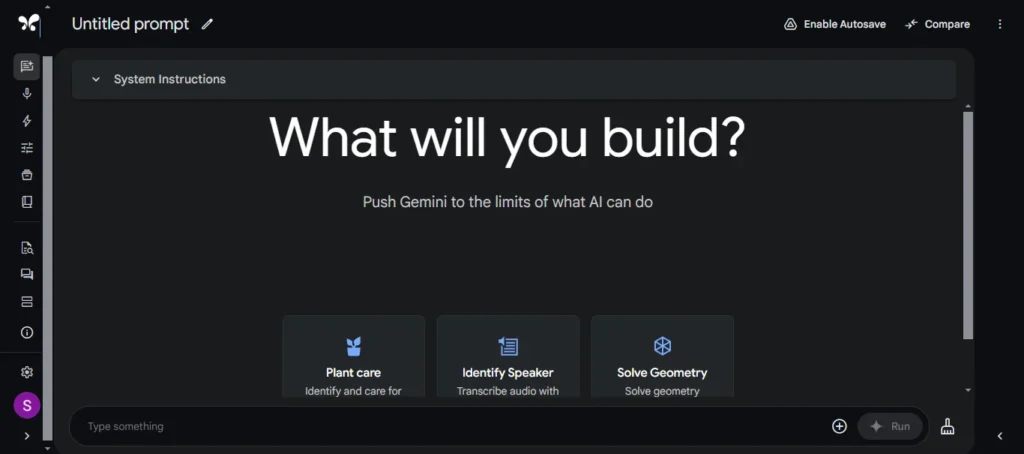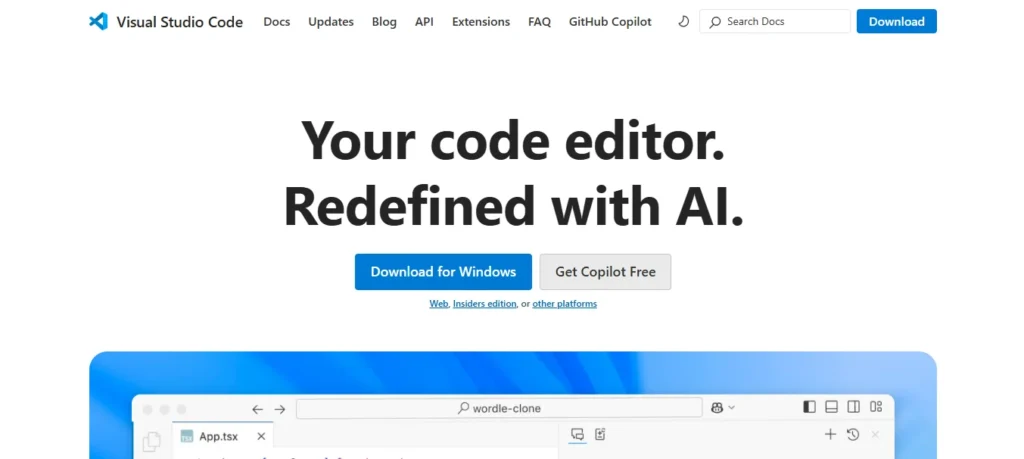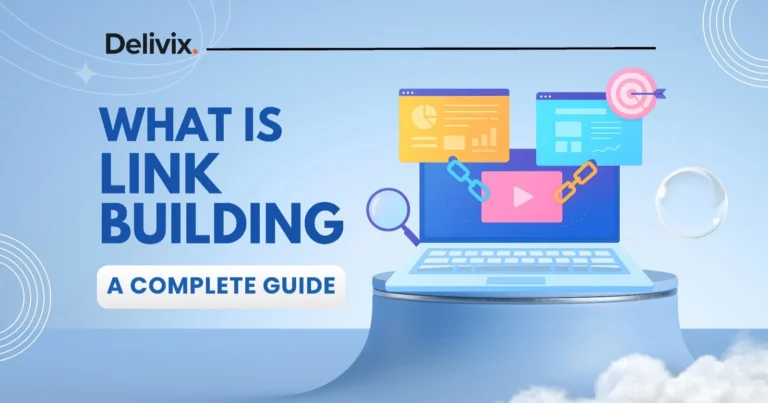Artificial intelligence has become part and parcel of every business, providingservices and even products to consumers through their digital spaces like websites, social media profiles, e-commerce stores, and so on.
Everyone is talking about AI, and it seems that it is the new fashion of the early decades of the 21st century, especially in the community of developers who are being tasked by businesses to develop AI chatbots and likewise advanced functionalities.
That’s what leads them to learn how to register an API Key in Google AI Studio in order to create secure and authenticated communication between the business applications and the integrated Google AI services. Let’s dive deep into registering API Keys for Google AI services.
What is Google AI Studio?
Google AI studio is a heaven for developers, as it provides them stepping stones to progress forward in the development of new artificial intelligence-based projects. It allows them to build, deploy, and manage AI models by providing access to a wide variety of tools needed to perform different functions.
It works in collaboration with Gemini to facilitate users in using tools like Structured output, code execution, function calling, and Grounding, to help developers walk a mile closer to API Key setup in Google AI Studio.
The most significant use case of this platform is that it allows developers to generate an API Key for Google Studio and then use it to enable secure and authenticated communication between their development program and Google AI services.
What is an API key, and how does it work?
Application programming interface key (API Key) is a code that authenticates or identifies a user or application. API Keys are referred to as unique identifiers that authenticate requests associated with a specific project.
API Keys mainly work as a bridging gap between the program you are connecting with the API, for instance, to use services like Google’s Natural Language Processing (NLP) or Vertex AI. When the application programming interface gets a request, it verifies it and only gives access to authorised users.
This means only authenticated users can access the API’s functionalities, maintaining a secure connection between the project and the Google AI services.
Benefits of API Keys
There are primarily three benefits, as mentioned below, of configuring API Keys in Google Cloud Console apart from building a secure connection between the Google AI Studio and the application for which a developer is generating an API Key.
- Authentication: Verifies the identity of the application requesting to access the program.
- Access Control: Only allows authorised users and applications to access the configurations of the program integrated with Google AI Studio.
- Usage Tracking: Developers can easily monitor and manage the API usage by the authenticated users.
Looking for SEO Services?
Our SEO experts will boost your rankings, drive traffic, and increase conversions.
Get Found. Get Leads. Get Sales.
Book a ConsultationSteps to create API Key in Google AI Studio
There are several benefits of creating API Key on Google AI Studio as it has a variety of pre-trained AI models and tools available that are helpful in building customised machine learning workflows, and so on.
The best thing about Google AI Studio is its smooth integration capabilities with other Google Cloud Platform (GCP) services, offering scalability, reliability, and a holistic development journey on the go. Follow the below steps to get an API Key in Google AI Studio.
Step 1: Log in to Google AI Studio
Reach out to the Google AI Studio and log into your account to start generating API Keys for your existing or new projects. If you don’t have an account on Google AI Studio, then create a new one to start working.
If you are struggling to find their website, then you can use this clickable link to start learning how to access API Key in Google AI tools.

Step 2: Create a project or use an existing one
After signing into Google AI Studio, it is time to create a project on Google Cloud Platform. If you have an existing project, then you can use it to activate an API Key in the Google Cloud Platform (GCP). In case, if you don’t have one, create a new one from scratch.
Step 3: Generate an API Key using Google AI Studio
Now, move on to the next step, of generating an API Key using Google AI Studio for free. Click on the Get API Key button placed at the top of the left panel of the Google AI Studio, and your Key will be generated. Make sure to save the generated key for further processing.

Step 4: Reach out to Visual Studio Code & integrate your API Key
To create API authentication for Google AI Studio, reach out to the Visual Studio Code and integrate the previously generated API Key into the API section of the program and start enjoying a secure and enhanced functionalities program for your development projects.

Read More: Schema markup validator vs rich results test


